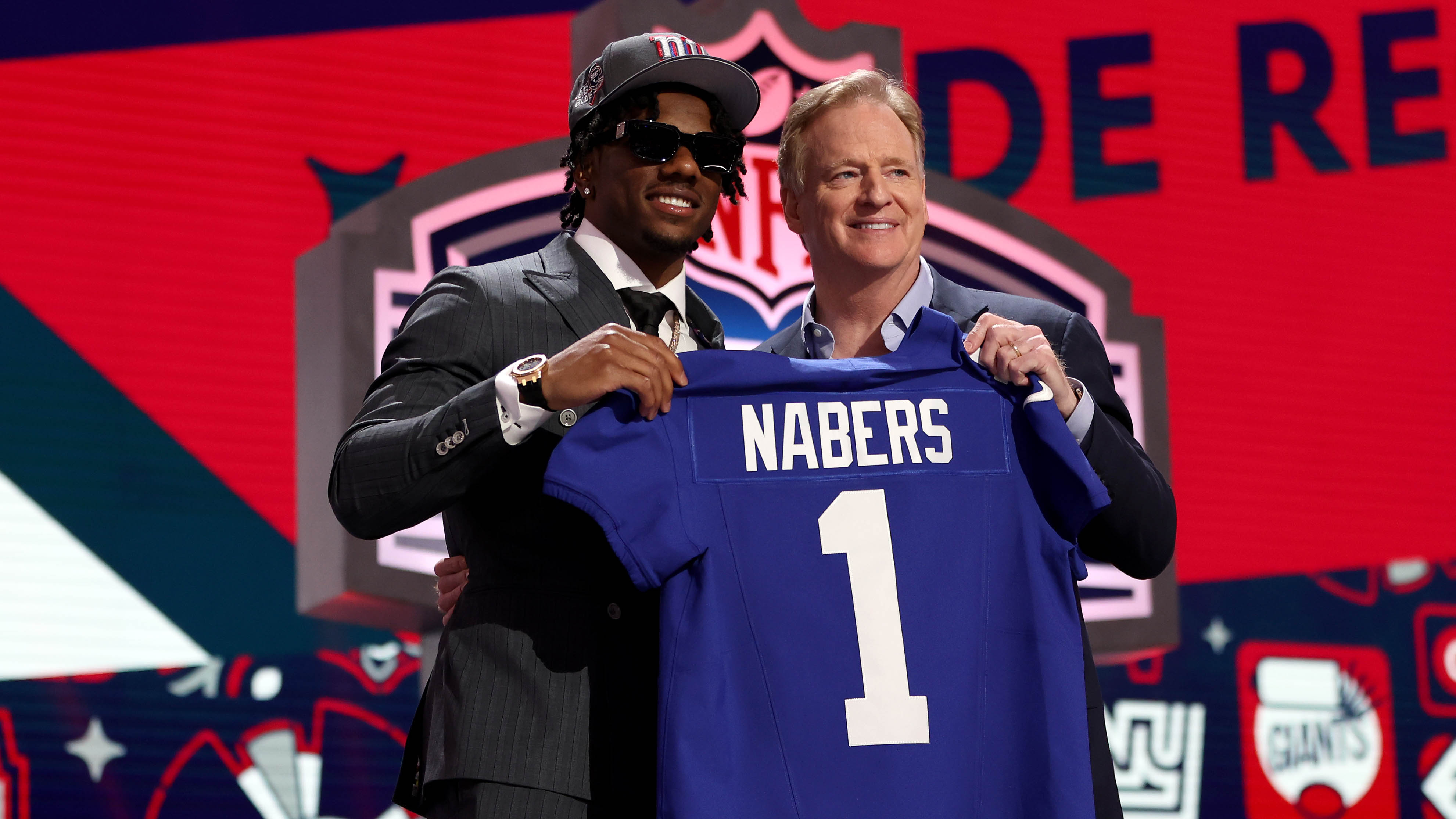You don't have to stay in jail, but you can't stay in the country. That's what a federal judge told the Afghanistan-born imam linked to the suspects in the aborted suicide plot to bomb the subways.
Ahmad Afzali, who pleaded guilty to lying to the FBI, was sentenced to time served and faced a self-deportation, meaning that he has 90 days to leave the United States.
Speaking in federal court in Brooklyn, the imam said the ordeal has taken a “physical and emotional” toll since "I am now a convicted felon, liar-imam."
The imam, a a double-dealing informant for the feds, was arrested in September as federal authorities scrambled to thwart a plot by Najibullah Zazi, a Colorado airport van driver who is the case's principal suspect.
“Honest to God, it was never my intent to help those idiots in what they did in the name of Islam,” Afzali told the court. "I sincerely apologize and pray for mercy.”
Afzali has said that he had wanted to help authorities, but lied under grilling by the FBI about his phone conversations with Zazi. Indeed, assistant U.S. Attorney Matt Miller said that Afzali "played both sides”
“He lied. He lied repeatedly, "Miller said. "He lied to the NYPD and the FBI to their face."
Afzali will wear an electronic monitoring device until he leave. He is from Afghanistan but has yet to decide which country he will go to -- and, of course, the country has to accept him. His wife and children will remain in the United States.
“He loves NY," said Afzali's attorney Ron Kuby. "He lived here most of his life. He loves the US, a country that took him when he and his relatives were refugees.”
Local
Meanwhile, Zazi has pleaded guilty and is cooperating with investigators. Prosecutors hope he can help them trace the plot back to its roots in Pakistan, where Zazi and former high school friends allegedly traveled in 2008 to seek terror training.
After returning to the United States, the plotters allegedly hoped to detonate bombs on trains at two of the city's biggest subway stations: Times Square and Grand Central Terminal, according to two officials.
Zazi admitted that he tested bomb-making materials in a Denver suburb before traveling by car to New York intending to attack the subway system to avenge U.S. military involvement in Afghanistan.
Two other men suspected of direct roles in the plot, Adis Medunjanin and Zarein Ahmedzay, have pleaded not guilty to charges they sought to join Zazi in what prosecutors described as "three coordinated suicide bombing attacks" on Manhattan subway lines. The alleged attacks were timed for days after the eighth anniversary of the Sept. 11 terrorism.
Prosecutors say the attacks were modeled after the July 2005 bombings on the London transit system. Four suicide bombers killed 52 people and themselves in an attack on three subway trains and a bus in London. The alleged New York plot was disrupted in early September when police stopped Zazi's car as it entered New York.
Meanwhile, new details have begun to emerge outlining the distinct nature of the attack.
The Zazi terror plot included plans to use three suicide bombers to hit subways in Times Square in addition to trains going in and out of Grand Central Station. That subways on the West Side of Manhattan in addition to the East Side might have been targeted is new and officials said the suspects hoped to strike both lines during rush hour.
Law enforcement officials confirmed to NBC earlier this week that Zazi and his cohorts planned to enter the subways at the Times Square and Grand Central stations. Investigators said with bombs in backpacks or strapped to their bodies, they would choose crowded trains along the 1, 2, 3, and 4,5, 6 lines.



